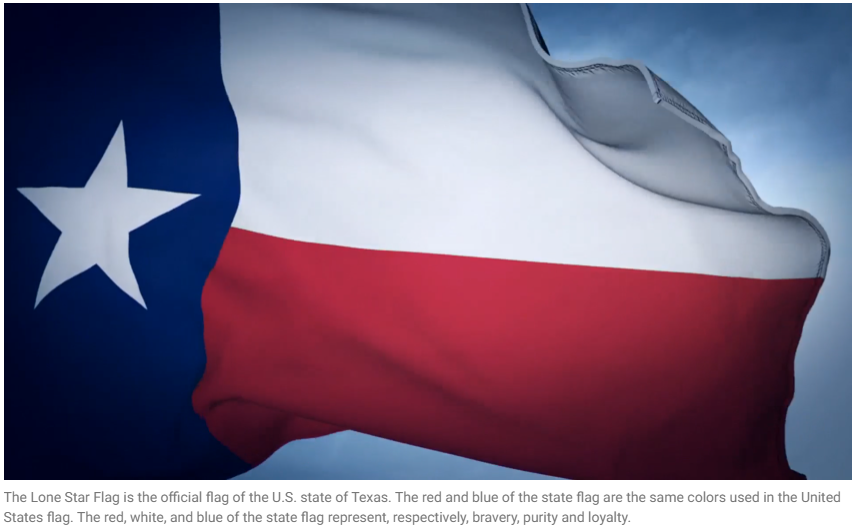In 2015, at the age of 90, former president Jimmy Carter released a statement saying that he had metastatic melanoma and that the cancer had spread to his brain. “It’s in the hands of God,” he calmly explained, “whom I worship.” News organizations dusted off obituaries, and tributes poured in.
But then something unexpected happened. Carter was treated and improved. Six months later, he held a press conference to announce that he was cancer-free. That is one tough hombre.
Now, at 98, Carter has elected to cease traditional medical intervention and receive hospice care at his home. People assume he is dying. I wouldn’t bet on it.
It’s a bit ironic to notice Carter’s physical and spiritual strength now because during his term in office and for a long time thereafter, he was plagued by the image of weakness. Some of that was his fault, and some of it was not.
The late 1970s were challenging. The United States had just lost the longest war in our history to that point. We had endured a presidential scandal that led to Richard Nixon’s resignation. Inflation was raging, and yet the economy fell into recession. The oil shocks of 1973 and 1979 led to rationing and long lines at gas stations. Carter was not at fault for these troubles, but seemed out of his depth. He donned a sweater and urged people to turn down their thermostats.
And then, on Nov. 4, 1979, in retaliation for Carter’s decision to permit the deposed Shah of Iran to travel to New York for cancer treatment, the Iranians overran the embassy in Tehran, taking 52 American diplomats hostage. The press coverage was savage. ABC launched a new show, “Nightline,” that provided daily updates and analysis. For 444 days, Carter was bombarded with demands that he do something. People put signs on their lawns: “Honk if you hate the Ayatollah.”
All of this contributed to the impression that Carter was flailing. In December 1979, the Soviet Union invaded Afghanistan, and Carter was obliged to acknowledge that he had misjudged the Soviet regime. The coup de grace came in April, when the military attempted a rescue operation in Iran. It was a botch. A helicopter crashed into a transport plane killing eight servicemen. The mission was aborted, and Carter’s presidency was doomed.
Some of the knocks on Carter were unfair. It became a Republican legend that the Tehran hostages were released on the day Reagan was inaugurated because the clerical regime was terrified of Reagan. In fact, the Iranian government had been under increased stress after Iraq invaded in September of 1980. They were ready to parlay.
Carter bore the brunt of public anger over inflation but deserves credit for appointing Paul Volcker as chairman of the Federal Reserve in 1979. Volcker was a renowned inflation hawk, and Carter must have known that he would raise interest rates, with the attendant risk of recession.
The Camp David Accords, the peace agreement between Israel and Egypt, were Carter’s signature achievement. The peace, however chilly, has held for 45 years and arguably represents a crucial pillar of security in the region.
In his long post-presidency, Carter has earned plaudits for his charitable work with Habitat for Humanity and the Carter Center. He won a Nobel Peace Prize in 2002 for his human rights advocacy, public health work and diplomacy. But while he has earned his reputation for rectitude, the word righteous is always in danger of being undermined by the prefix “self.”
While it’s admirable that Carter so clearly wants to do good work in the world (and often succeeds), it is also undeniable that he has demonstrated a do-gooder naivete that does not reflect well on him. In 1994, before traveling to North Korea on Bill Clinton’s behalf, he rebuked his briefers. “You haven’t told me what Kim Il Sung wants. What he wants is my respect. And I am going to give it to him.” How did that work out?
There were other liars who took advantage of Carter’s naivete. Among them was Yasser Arafat. In his 2006 book, “Palestine: Peace not Apartheid,” Carter asserted that Arafat and the Palestinian Liberation Organization had never advocated the annihilation of Israel — but that goal was included in the founding charter of the organization.
Carter received well-merited criticism for that book including from 14 board members of the Carter Center who resigned. There were disturbing antisemitic overtones in that book, as for example, this snippet: “It was especially interesting to visit with some of the few surviving Samaritans, who complained to us that their holy sites and culture were not being respected by Israeli authorities — the same complaint heard by Jesus and his disciples almost two thousand years earlier.”
Jimmy Carter’s personal life appears to have been a model. His achievements in global health and peace cannot be gainsaid. But when he passes, and it may not be soon, God (if there is a God) may want a word about his pattern of letting self-righteousness blind him.
Mona Charen is Policy Editor of The Bulwark and host of the “Beg to Differ” podcast.




